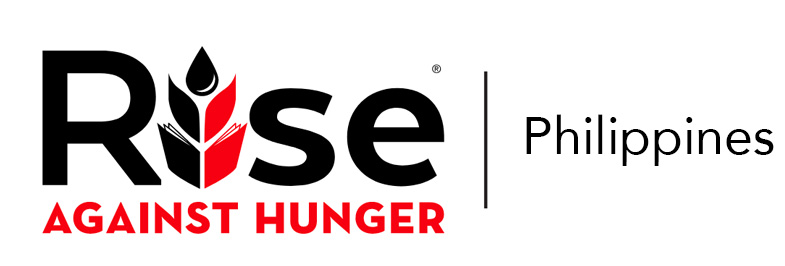Protecting the Earth Through Practical Education

Editor’s Note: This blog is the second in a three-part series for Earth Day 2021, with the theme “Three Days of Climate Action.” The first post focused on youth, and today’s post will focus on education. Read more below!
Educators and educational institutions play an important role in preparing students to understand and take action on interdisciplinary topics like environmental protection and climate change. But in Mali, a country where Rise Against Hunger works to improve food security, few people achieve more than elementary education. Women represent 62% of the agricultural workforce in Mali, but only 26% of Malian women are literate (Source: UNESCO). Additionally, Mali is a country facing enormous environmental challenges. 34% of the country is used for agriculture, while the remaining land is primarily arid or desert (Source: USAID).
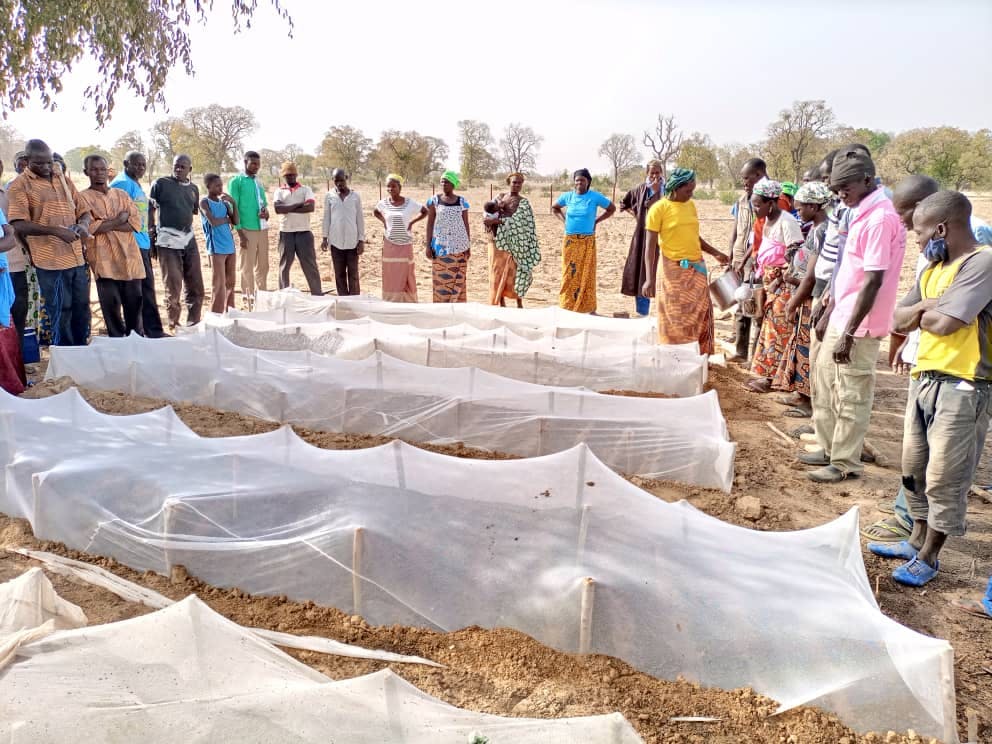
In such a context, how can women and youth gain access to the information and skills necessary to care for the environment and overcome food security challenges? Rise Against Hunger and our partner, Association Malienne d’Eveil au Développement (AMEDD), have answered this question with a few effective techniques.
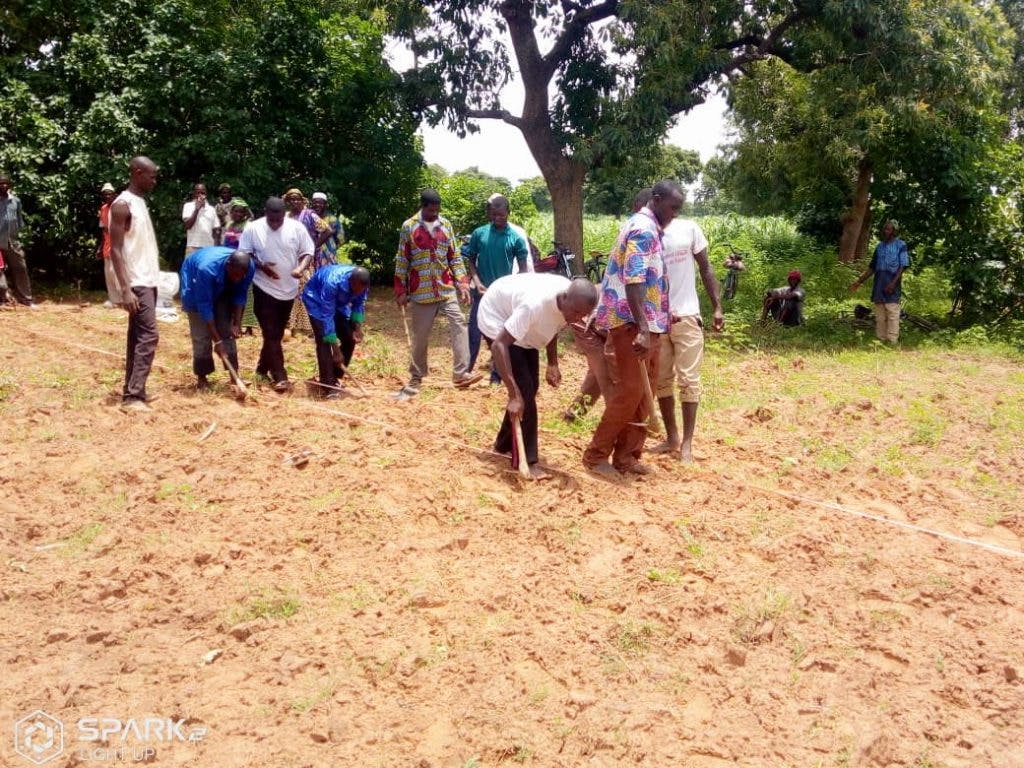
First, radio programs in local languages are a powerful tool for raising awareness. In every rural village, regardless of access to electricity, small, battery-powered radios can be found. Since the beginning of the Elevating Women and Youth Farmers project in 2019, AMEDD has collaborated with local radio stations to present programming on climate change to all districts where the project is being implemented. With this approach, the project has reached an audience of 33,203 community members over two years.
Second, Farmer Field Schools have been established in each project community. At the FFS, one lead farmer, who has received additional training from the project, meets regularly with follower farmers to teach climate-smart agriculture techniques on a demonstration field. Climate-smart agriculture is defined by the Food and Agriculture Organisation as having three objectives:
- Sustainably increase agricultural productivity and incomes
- Adapt and build resilience to climate change
- Reduce and/or remove greenhouse gas emissions, where possible.
Third, the group of farmers adopts the CSA techniques they have learned. In the Elevating Women and Youth Farmers project, farmers are reducing soil erosion through contour bounding, a technique of plowing at a right-angle to the slope and reducing water run-off with unplowed strips in between sections of the field. They are also planting dual-purpose crops, like sorghum. People eat the sorghum grains (typically as flour) and the farmers feed the stalks and leaves to their goats.
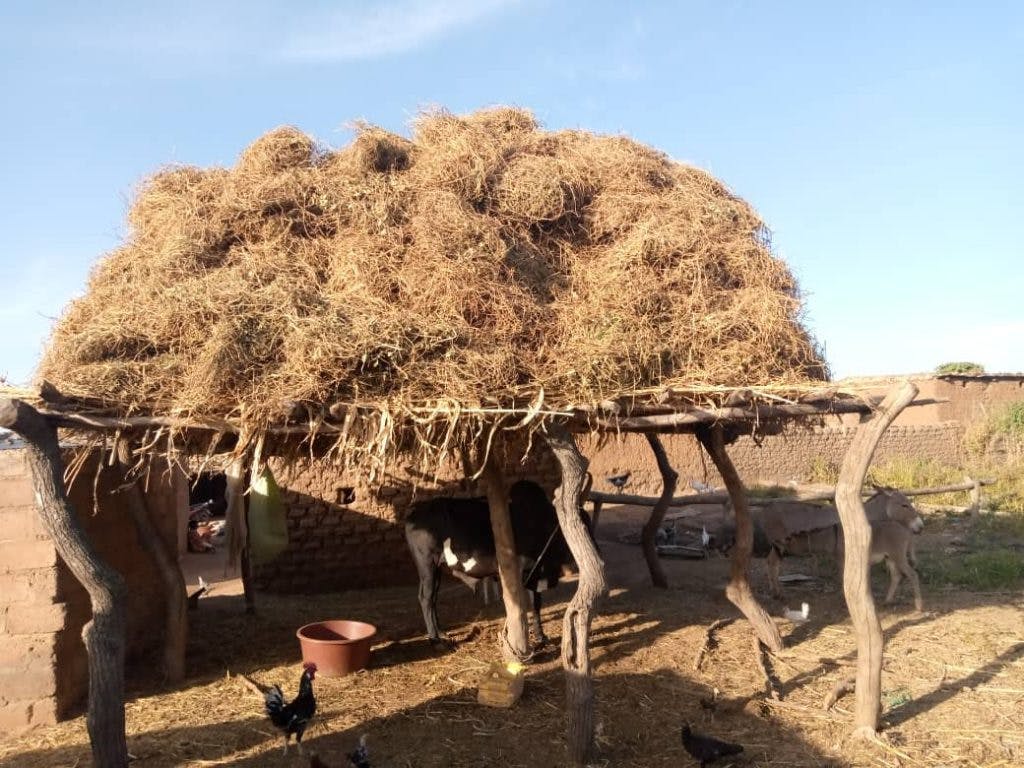
Under the project, 280 goats were distributed to participants, and the average sorghum yield increased by 37%. Animals, as a source of income, food and manure, improve participants’ resilience to climate change through diversification of resources. In the next year of the project, participants will form cooperatives for increased market access and create home gardens to boost nutrition and self-sufficiency in food production.
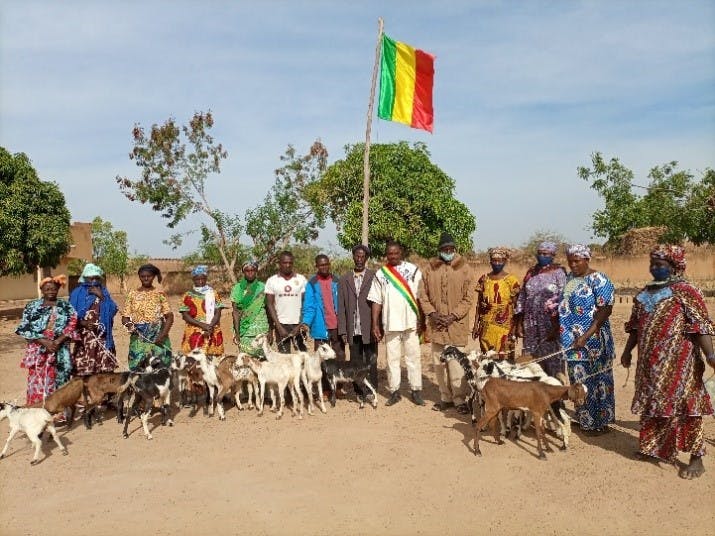
To support Rise Against Hunger’s efforts to Empower Communities worldwide, please give now.
